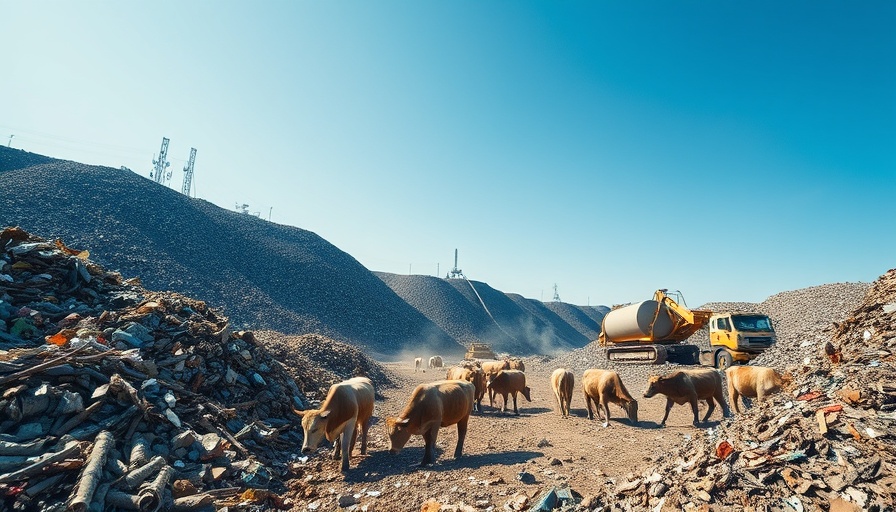
Why Paving Over the Rose Garden Matters
History often shapes the narratives we tell about our environment, and the Rose Garden of the White House is no exception. Established in 1913, this iconic garden has been a symbol of beauty, tradition, and political significance. However, with Donald Trump’s recent decision to pave over this storied space, a vital part of American history is facing a dramatic transformation.
A Shift in Presidential Aesthetics
Why did Trump decide to pave over the Rose Garden? According to reports from Newsweek, the motivation stemmed from practicality. Trump and his administration expressed frustration with the garden's natural state, particularly the challenges posed by damp grass during outdoor press conferences. The decision to alter such an iconic landscape raises questions about comfort versus preservation in a high-profile setting.
The Role of the National Park Service
Constructed under the supervision of the National Park Service, the project aims for completion by August 2025. This choice of material represents not just physical change, but a philosophical one – it reflects a pivot toward modern conveniences over historical features. Renovations like these often leave us pondering about the balance between maintaining tradition and adapting for contemporary needs.
The Discontent of Environmentalists
Environmental advocates express concerns over the implications of such changes. Beyond aesthetics, the Rose Garden serves as a green space that contributes to local biodiversity. Paving over it not only alters its visual and cultural significance but could also affect local wildlife that relies on gardens and parks as essential habitats.
Understanding Public Sentiment
Public reaction to the changes has been mixed. Some support the practicality of a paved garden, especially for those working in formal attire during press conferences and public events. Yet, others feel that paving over such an emblematic space diminishes the natural beauty that has long been a hallmark of the White House. It challenges us to consider our priorities: Is comfort worth sacrificing the lush historical legacy that this garden represents?
A Call to Reflect
As we witness the transformation of the Rose Garden, it serves as a poignant reminder of the relationship between our environment and the politics that shape its stewardship. Re-evaluating our dependencies and choices regarding land use can lead to broader discussions on environmental impact and preservation efforts. What will future generations think about this decision? Will they see it as a necessary adaptation or a lost opportunity to enjoy the natural beauty of an important legacy?
 Add Row
Add Row  Add
Add 



Write A Comment